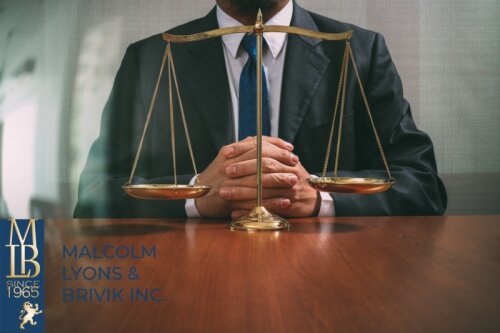Best Personal Injury Lawyers in Cape Town
Share your needs with us, get contacted by law firms.
Free. Takes 2 min.
List of the best lawyers in Cape Town, South Africa
About Personal Injury Law in Cape Town, South Africa
Personal Injury Law, also known as Tort Law in Cape Town, South Africa, is the area of law that encompasses situations where a person's body, mind, or emotions are injured, usually due to someone else's negligence or carelessness. This also includes cases where damage occurs to personal reputation or infringements on rights. These cases commonly involve incidents like traffic accidents, accidents at work, tripping accidents, assault claims, accidents in the home, and defective product-related accidents.
Why You May Need a Lawyer
Engaging a lawyer for personal injury cases is crucial as these legal matters tend to be complex and require professional expertise. Examples of common situations where legal help may be necessary include: if you've been severely injured, if it’s not clear who's at fault, if multiple parties are involved, if an insurance company refuses to pay, or if your injuries have led to substantial loss of income or future earning capacity.
Local Laws Overview
In Cape Town, South Africa, the principles of common law dictate that the party who commits a delict (a wrongful act causing harm to another person) is responsible to make good the harm done. It's important to note that South Africa operates on the principle of 'no win, no fee' for personal injury cases. Also, there is a three-year limitation period that applies to general personal injury claims.
Frequently Asked Questions
1. Can I claim for emotional stress?
Yes, emotional stress can be considered in a personal injury claim if it can be proven that it is a direct result of the incident causing physical injury.
2. What does 'no win, no fee' mean?
This means if your attorney does not win the case, you do not owe them any fees. However, if they do win, they are entitled to a percentage of the claim amount.
3. How long does a personal injury case take?
Each case is different and the length varies depending on the complexity of the case. Typically, it can take between two to four years.
4. What are the odds of winning a personal injury claim?
The chances of winning a personal injury claim greatly depend on the evidence presented, the expertise of your lawyer, and the specifics of the case.
5. Can I claim if the accident was partly my fault?
Yes, in South Africa, it is possible to bring a personal injury claim even if one is partly to blame for the accident. The amount you can claim might be reduced based on the degree of fault.
Additional Resources
For further assistance, you can reach out to organizations like The Law Society of South Africa, Legal Aid South Africa, and The South African Human Rights Commission, all of which provide various forms of legal advice, resources and support.
Next Steps
If you believe you have a legitimate personal injury claim, your first step should be to consult with a reputable personal injury attorney. Following initial consultation, your attorney will guide you through the subsequent processes, which will likely include evidence gathering, negotiation with other parties involved, and potential court proceedings.
Lawzana helps you find the best lawyers and law firms in Cape Town through a curated and pre-screened list of qualified legal professionals. Our platform offers rankings and detailed profiles of attorneys and law firms, allowing you to compare based on practice areas, including Personal Injury, experience, and client feedback.
Each profile includes a description of the firm's areas of practice, client reviews, team members and partners, year of establishment, spoken languages, office locations, contact information, social media presence, and any published articles or resources. Most firms on our platform speak English and are experienced in both local and international legal matters.
Get a quote from top-rated law firms in Cape Town, South Africa — quickly, securely, and without unnecessary hassle.
Disclaimer:
The information provided on this page is for general informational purposes only and does not constitute legal advice. While we strive to ensure the accuracy and relevance of the content, legal information may change over time, and interpretations of the law can vary. You should always consult with a qualified legal professional for advice specific to your situation.
We disclaim all liability for actions taken or not taken based on the content of this page. If you believe any information is incorrect or outdated, please contact us, and we will review and update it where appropriate.













